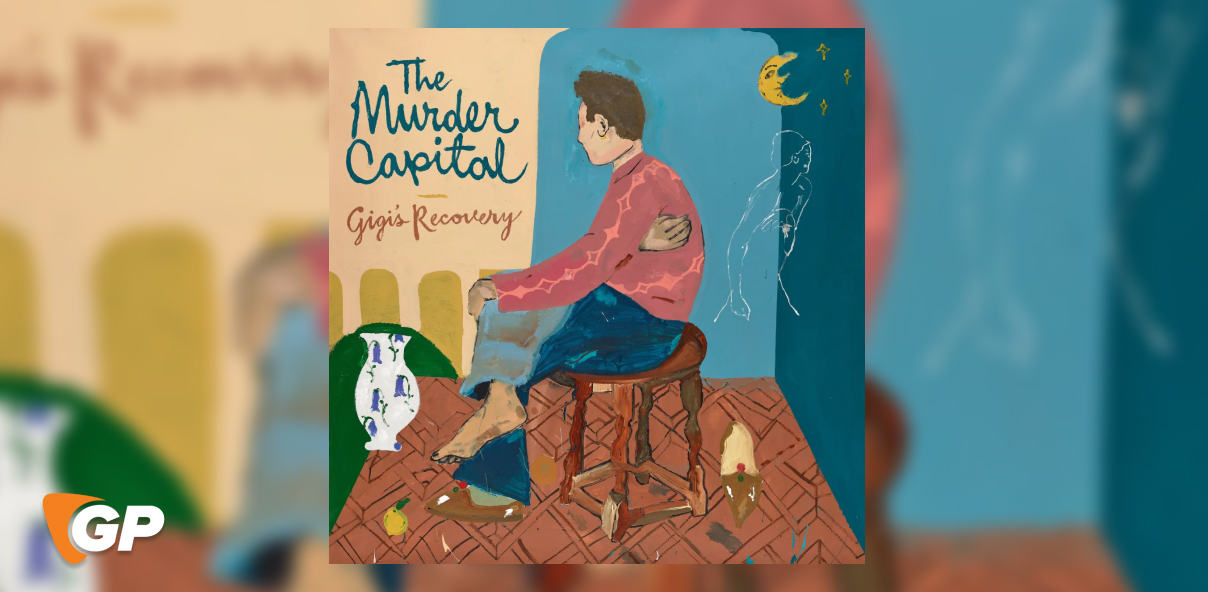The Murder Capital have always represented a certain duality. Juxtaposed with their demure aesthetic, confrontational stage presence and dark, foreboding sound has existed an appreciation and celebration of all things beautiful. Their debut album, 2019’s ‘When I Have Fears’ was an emotional tour de force. It seethed with rage (More Is Less), offered romantic solace (Slowdance I & II) and life-affirming perspective (Don’t Cling To Life), all moods shrouded in vulnerability.
On ‘Gigi’s Recovery’, we find the Dublin-based quintet leaning into the latter. However, where the album truly differs from its predecessor is in its presentation. Where before the band sounded gruff and heavy, we now find them in more unrestricted sonic territory, and tonally, altogether more celebratory.
Flanked by two brief but powerful musings that ponder existence, ‘Gigi’s Recovery’ is immediately candid about its content. Kicking off proper with Crying, which sees frontman James McGovern’s robust baritone vocal met with an equally stark, coiled rhythm.
‘Gigi’s Recovery’ sees the band dive head first into the tension they have become known for, breaking it wide open to allow McGovern to unburden himself. Nowhere is this more evident than on the piano-led The Lie Becomes The Self, perhaps most shining example of McGovern’s newly seasoned croon.
Return My Head is possibly the most straightforward track on the album, boasting an energy and incandescence akin to that heard on the aforementioned Don’t Cling to Life.
If one was to pick out a centrepiece or sonic template for an album so exploratory, they should look no further than lead single Only Good Things or Ethel; the former yearning, rollicking track, the latter a track that builds from a deceptively angular chord progression to a dramatic, emotional crescendo punctuated with eerie noises.
Meanwhile, A Thousand Lives plays like a spiritual cousin to Radiohead’s Weird Fishes/Arpeggi; an experiment in doing a lot with very little, built off of sparkling guitar arpeggios and a drumbeat you could set time to.
Arguably the album’s finest moment, however, comes in the shapeshifting We Had To Disappear, which sees the band bend the quiet-loud dynamic to its will and switching time-signatures along with the track’s emotional intensity.
Diverse, yet cohesive, it’s a different beast to ‘When I Have Fears’ as hinted at by its expressionistic cover art. The Murder Capital have released the first great album of 2023 – in Ireland or anywhere else.

